Today, there are interesting updates from the Baltic Sea.
Here, European forces decided to act swiftly following the newest EU sanctions package and detain an oil tanker from the Russian shadow fleet. In response to a planned boarding, Russian forces rapidly escalated the tensions by deploying their fighter jets to threaten the NATO ships from getting close.

A new wave of EU sanctions has directly targeted Russia’s notorious shadow fleet of oil tankers, which is used to bypass Western embargoes. As part of the EU’s 17th sanctions package, 149 vessels have been added to the blacklist for transporting Russian oil in violation of the price cap. These mostly uninsured tankers will be barred from accessing EU ports and services, including insurance, repairs, and refueling. Among them, 25 were recently tracked in the Baltic and North Sea, where their presence also raises serious environmental and security concerns because of their poor condition. European officials warn that these ships pose not only a pollution risk but also a threat to vital undersea cables and energy infrastructure due to several incidents with torn cables in the past. Noting the Baltic Sea’s vulnerability to environmental disasters caused by oil spillage, due to its shallow and enclosed nature, the EU has prompted stricter sanctions on the aged and reckless ships of Russia’s shadow fleet.

As the EU prepares to expand the sanctions list to over 350 ships in total, it has also moved to authorize visa bans and asset freezes against shadow fleet captains. These measures aim to disrupt Russia’s illicit export routes and limit its wartime income.

Enforcement of the new package began immediately. A Gabon-flagged tanker under the name Jaguar, one of the newly sanctioned vessels, had previously anchored off a Russian port, prompting increased monitoring by NATO forces. After approaching, the ship refused to identify itself and ignored orders from Estonia’s navy to halt and change course. Estonian patrol ships, helicopters, and patrol aircraft responded, with footage confirming the NATO response. However, as NATO vessels prepared to board the Jaguar for inspection, the Russian Air Force dispatched a Su-35 fighter jet to the ship’s position in a show of force. According to Estonian defense officials, the Russian jet circled the tanker and signaled a clear intention to prevent any potential boarding or seizure. Immediately, the planned boarding operation was called, as NATO captains and commanders assessed the risk of triggering a direct military clash as too high.

An engagement involving NATO fighter jets or naval assets could have resulted in severe and far-reaching consequences. Estonia’s Foreign Minister confirmed that the aircraft briefly violated NATO airspace.
Finland and Lithuania both raised concerns about reckless Russian behavior, with Lithuania’s Prime Minister warning that Russia is clearly demonstrating a willingness to protect the route for its oil with all means, even risking a direct confrontation to protect its shadow oil fleet. With conventional trade routes restricted due to Western sanctions, Russia relies heavily on this fleet of over 600 aging oil tankers to export crude oil to buyers from Asia.

These ships operate under obscure flags, are often uninsured, and are designed to operate below regulatory radar, making them critical to sustaining Russian state revenue, directly funding the war in Ukraine. Disruption of these flows would not only cripple Russia’s wartime economy but also erode its global influence.

This incident shows how far Russia is willing to go to defend its economic lifelines, even deploying air assets to intimidate NATO ships. Yet, the imbalance in firepower is obvious. NATO F-35 squadrons routinely patrol the Baltic Sea. In a real engagement, a lone Russian fighter jet would have stood little chance. But recognizing the risks, NATO wisely de-escalated to avoid a direct military engagement between Russia and NATO forces.


Overall, this standoff underscores the EU’s resolve to implement sanctions, which will only intensify. At the same time, Russia is desperate to protect its oil trade and take even higher risks. With additional shadow fleet vessels likely to be sanctioned and better-armed naval patrols preparing future interception missions, Russia’s strategy of hiding its oil trade in plain sight is becoming increasingly untenable. The Jaguar may have escaped for now, but the message from Europe is clear: sanctions will not go unenforced.










.jpg)
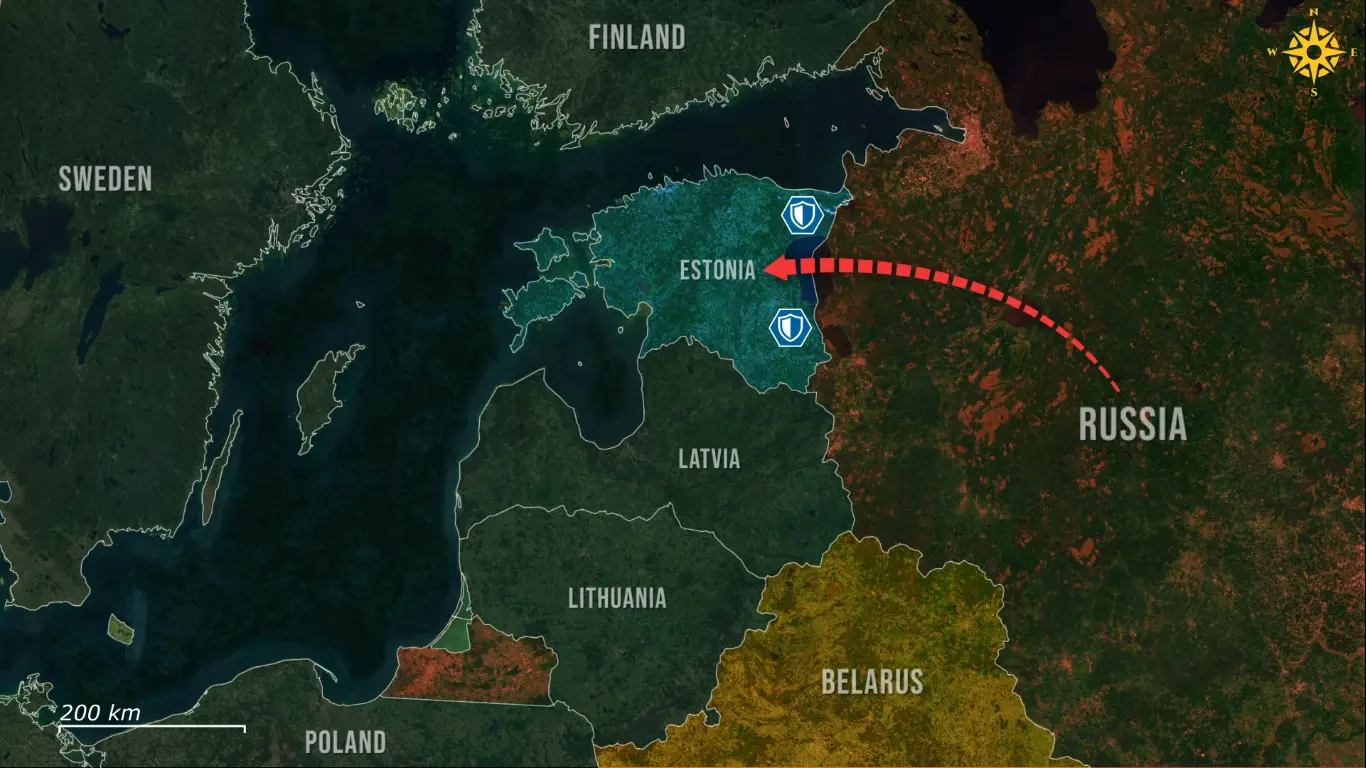
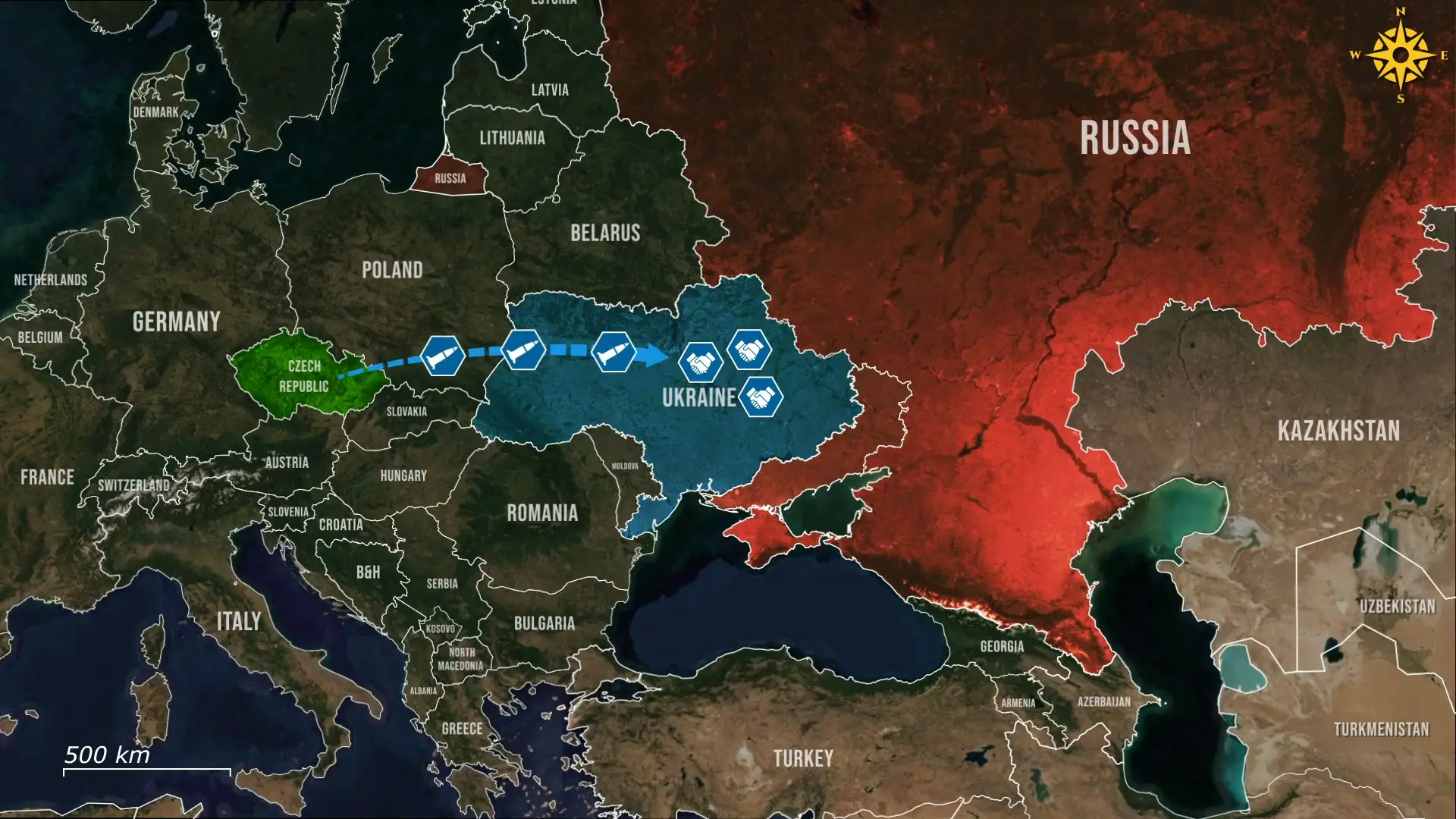

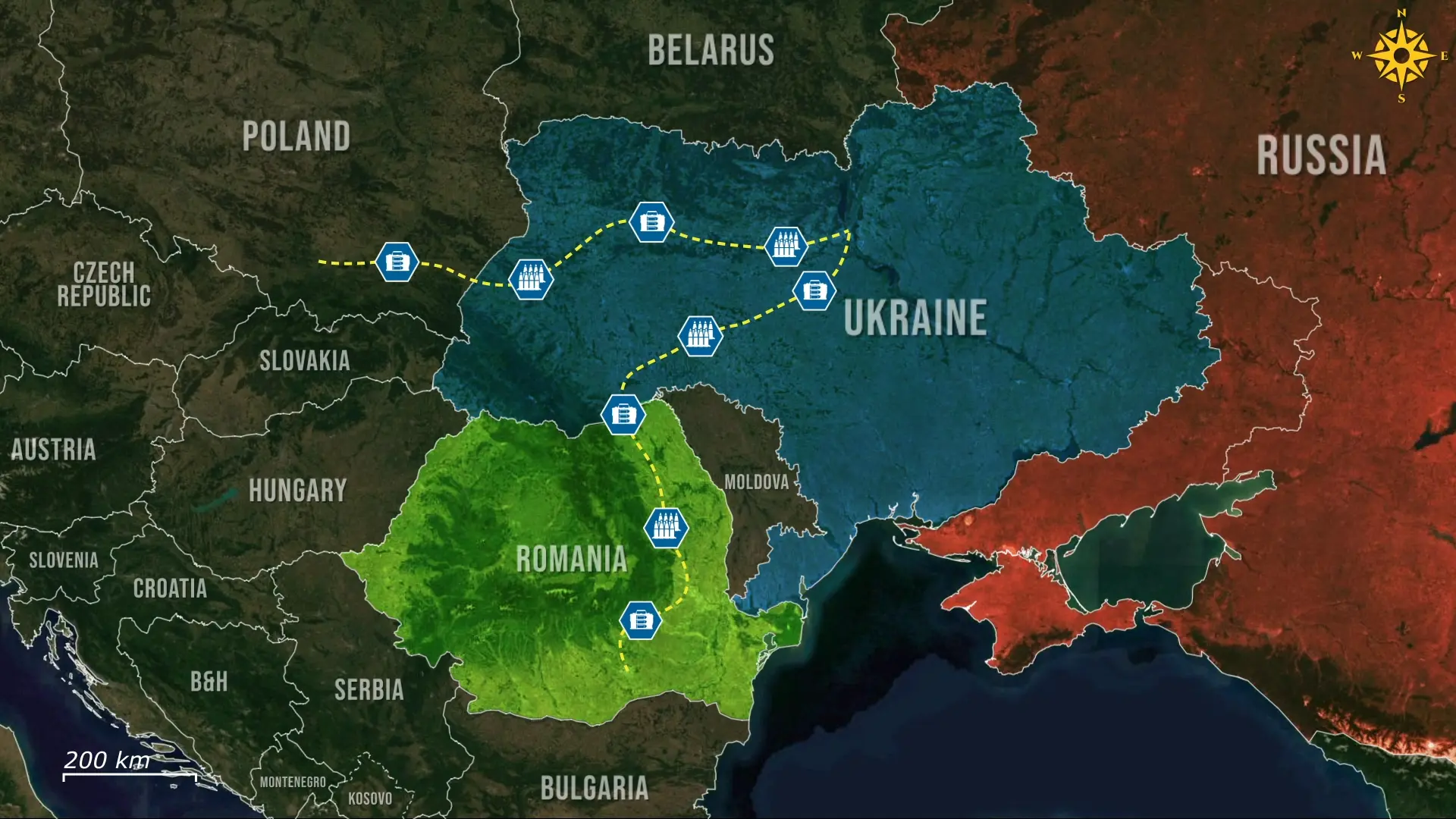
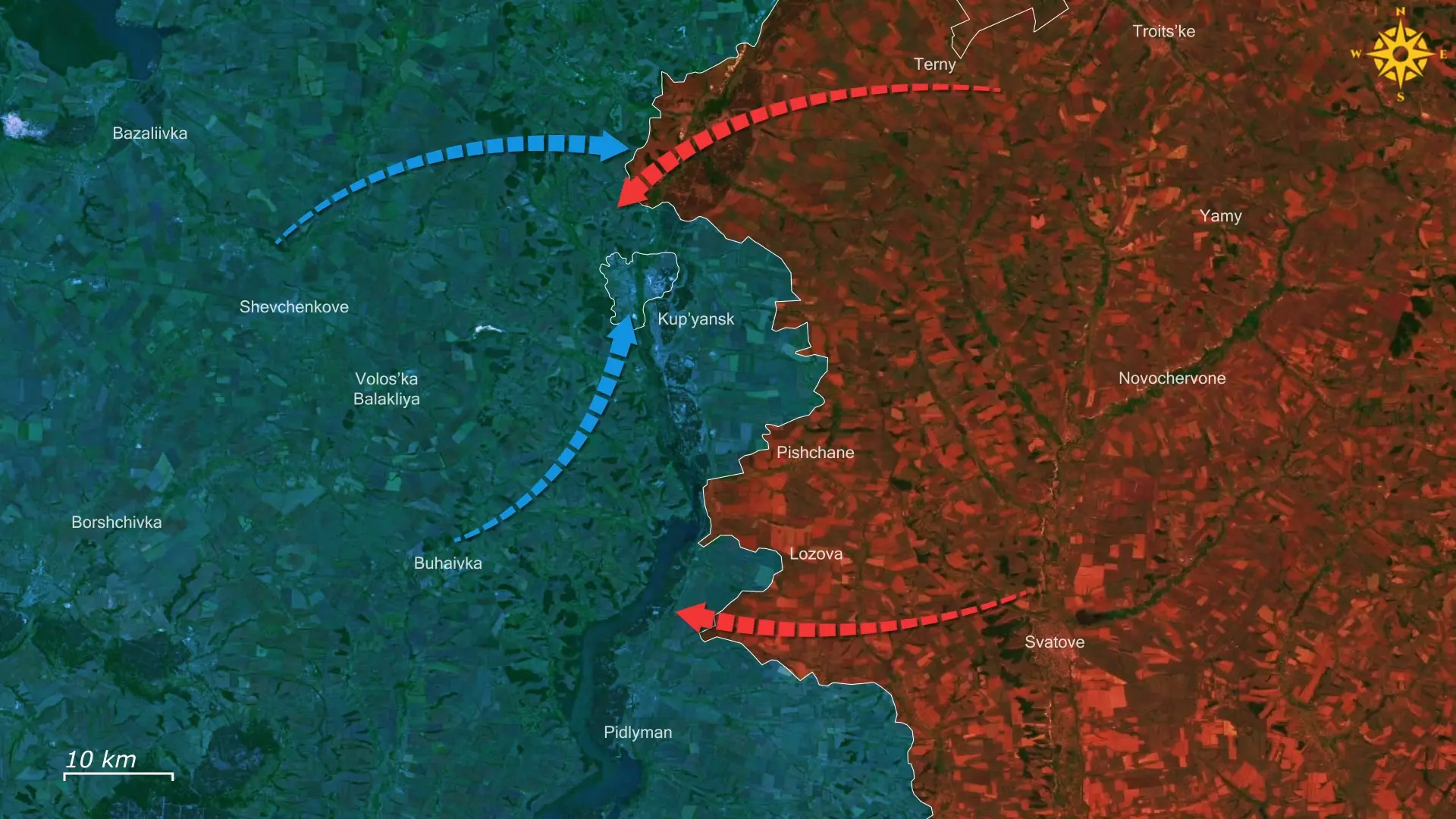

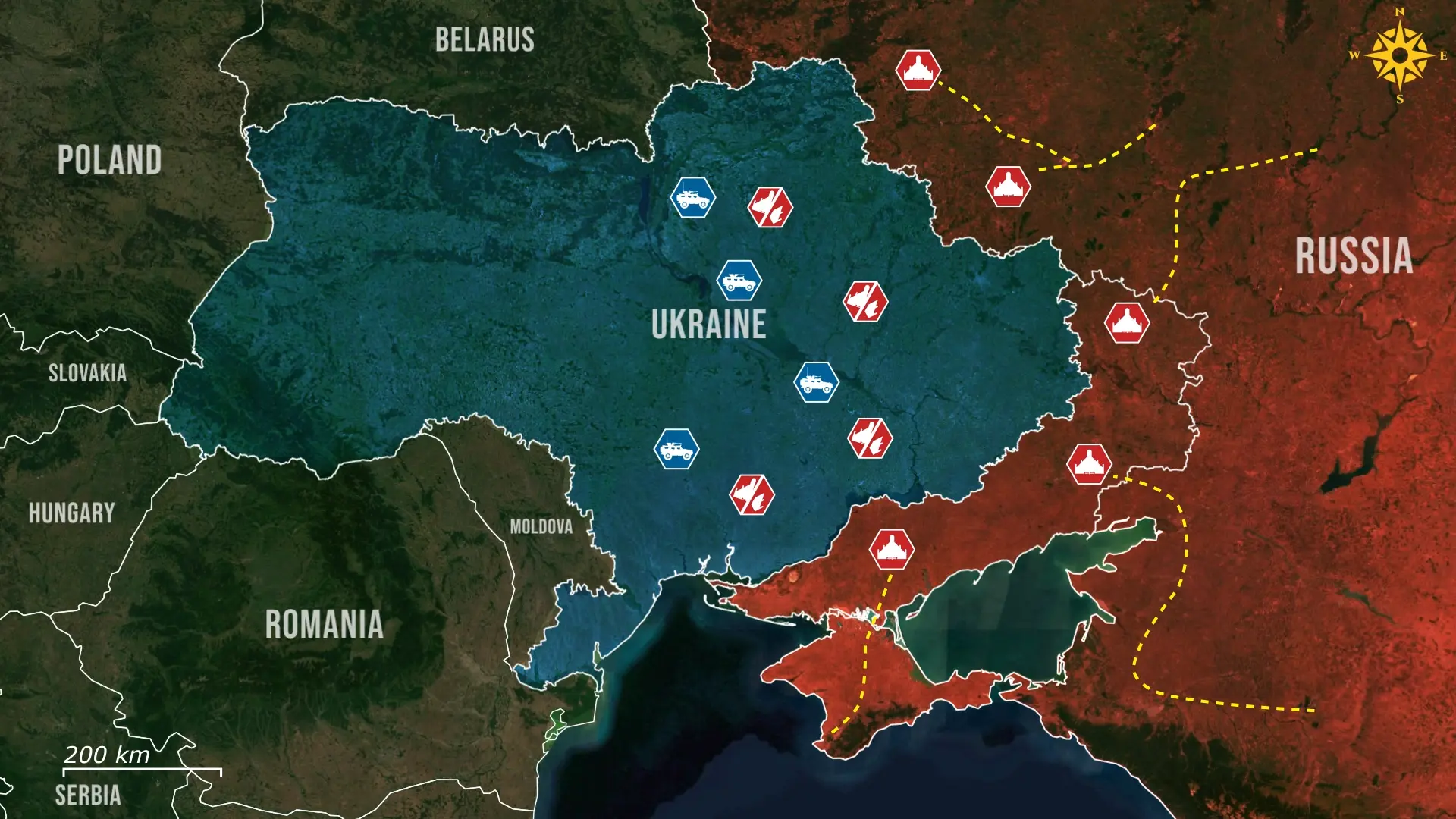
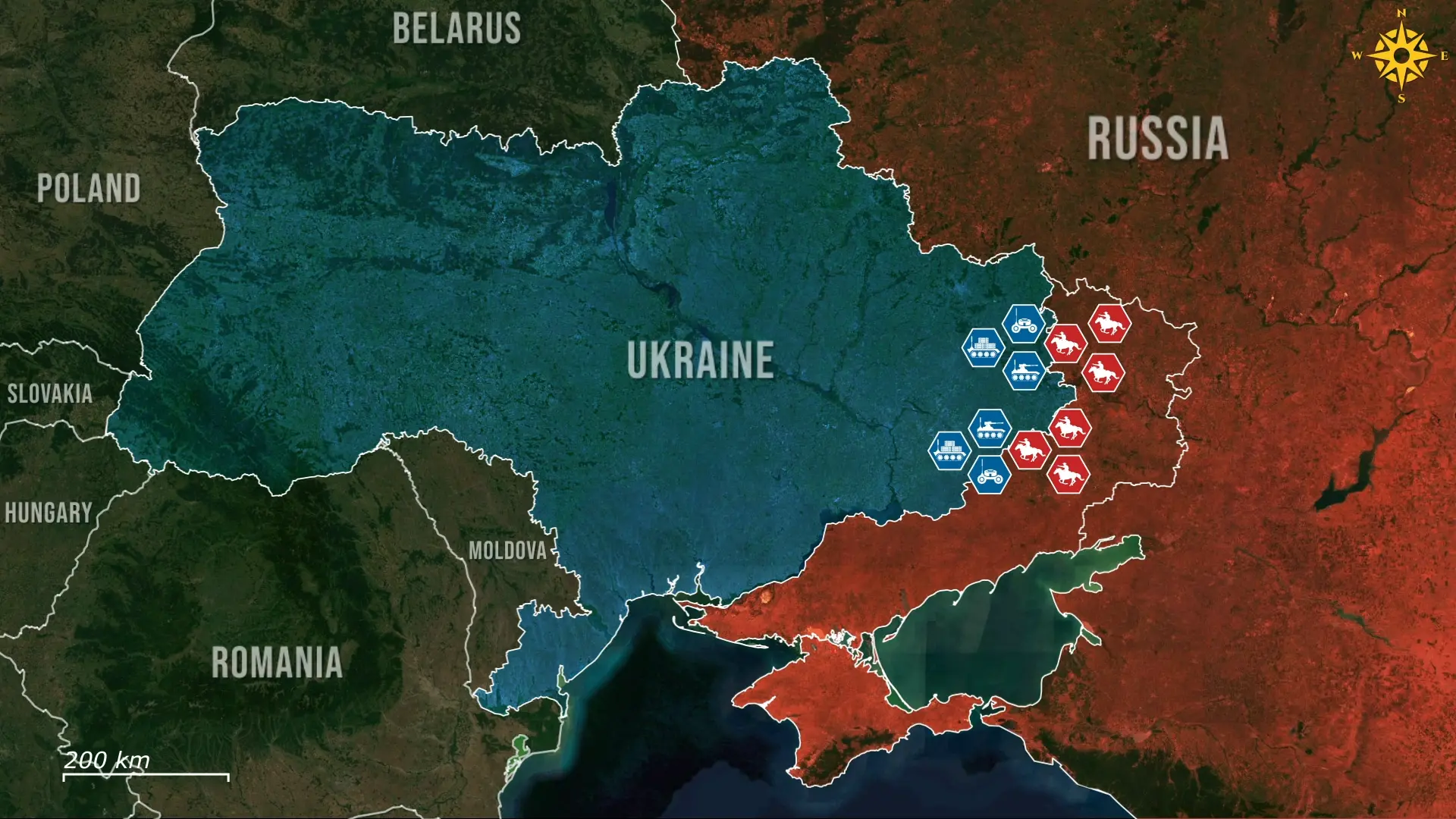
Comments